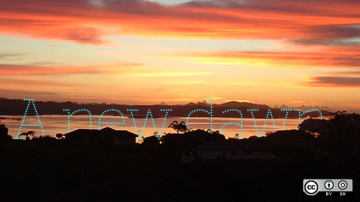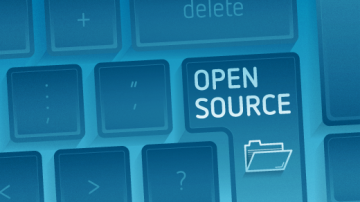Venkatesh Hariharan is Corporate Affairs Director (Asia-Pacific) at Red Hat. In this role, he works with industry, academia, government and the community to accelerate the growth of the global open source movement. In 2006, he was awarded the "Indian Open Source Personality of the Year" by the organizers of Linux Asia 2006.
Hariharan is a former Executive Editor of Express Computer and the first
Indian to be selected for the prestigious Knight Science Journalism
Fellowship (1998-99) at Massachusetts Institute of Technology. As a
Knight Fellow, Hariharan spent a year looking at cutting edge
technologies that can be deployed for bridging the digital divide.
During his stint at Express Computer, he imparted a dynamic news
orientation to the magazine. He has interviewed some of the leading
figures in the world of technology including Microsoft's Bill Gates,
John Gage of Sun Microsystems, Stan Shih of the Acer Group and many
others. He has written for leading Indian and international publications
including MIT Technology Review, Upside, Slashdot, Economic Times, Times of India and others.
After his stint at MIT, Hariharan co-founded of IndLinux.org, one of the
leading localization groups in the India subcontinent. IndLinux.org has
localized the GNOME and KDE interface of Linux to Hindi and other Indian languages. IndLinux.org has helped localization groups in India, Bhutan, Nepal and other countries localize Linux and other open source software to their native languages.
Hariharan believes that open source and free software are powerful tools to empower emerging economies with the benefits of information technology. He has advocated the adoption of open source and open standards in emerging economies for political, cultural and economic reasons through his writing and his speeches.
His long term interest is in the area of technology and public policy. He maintains a blog on open source and open standards at https://www.osindia.blogspot.com.



Perhaps this will help explain the reason for our disagreements. My specific concern is more with software patents because it converts methods that could have been freely practiced by software developers into private property. To me, these are things that should be in the "knowledge commons" and freely available to everyone. Instead of going into details here, let me point you to my blog entry titled, "the Practical problem with software patents" at:
https://osindia.blogspot.com/2008/11/practical-problem-with-software-patents.html
I'd also like to add that most of this article is not really connected to copyrights and trademarks. Perhaps, I should have been more explicit about it. Thanks for the gene patenting link. I look forward to reading it at the earliest.